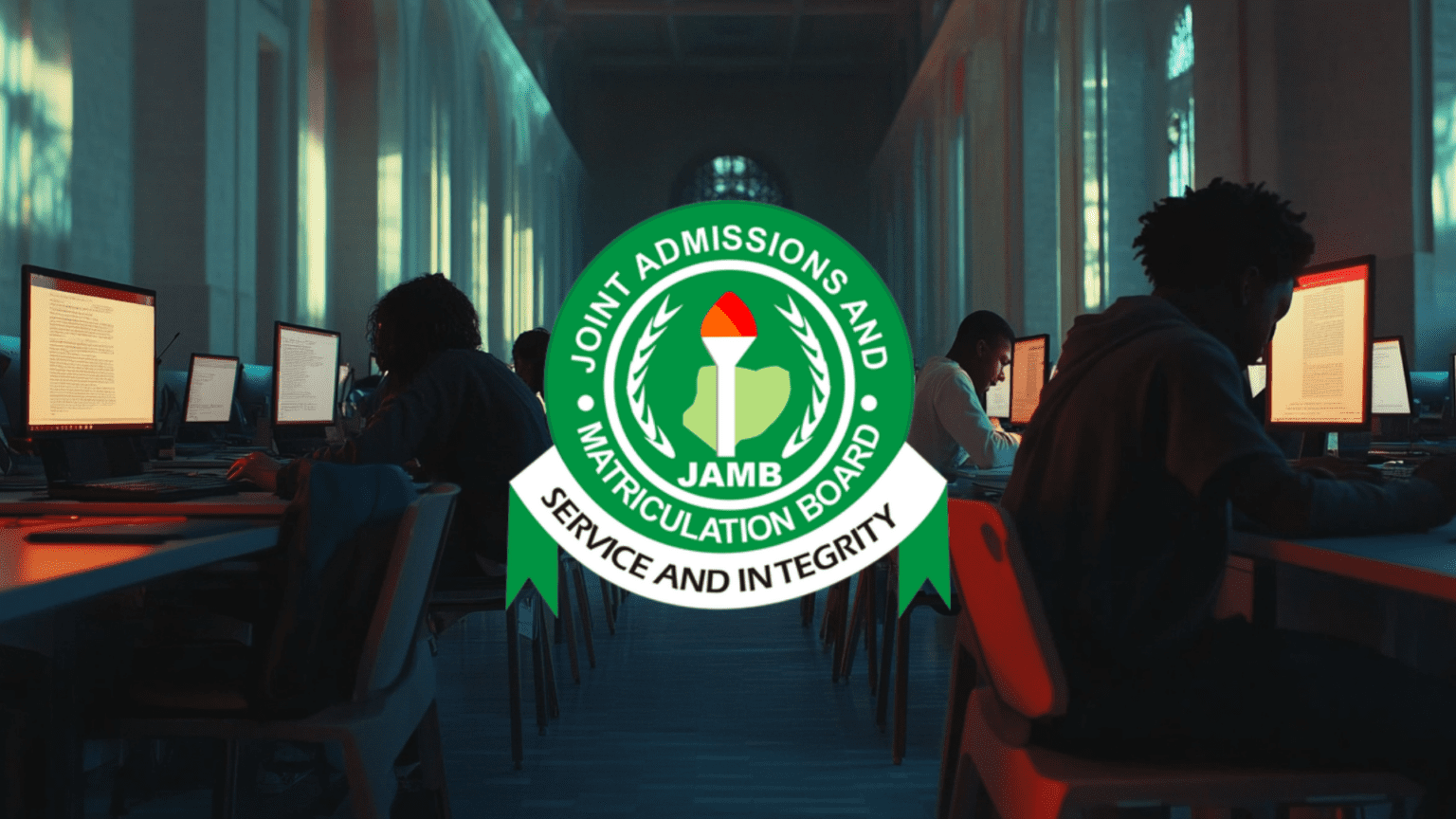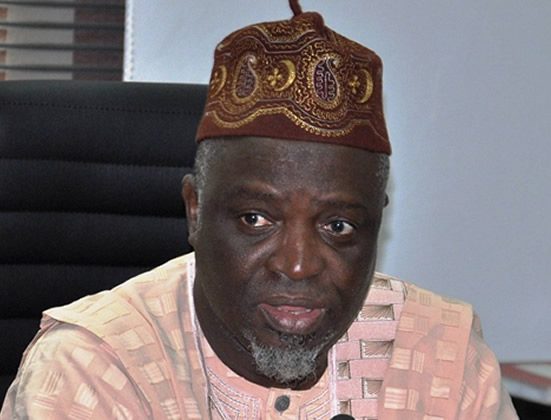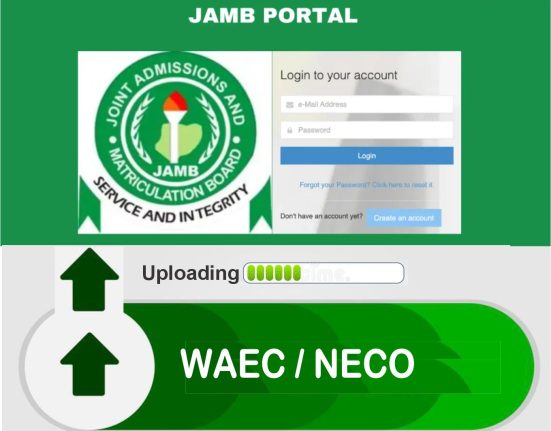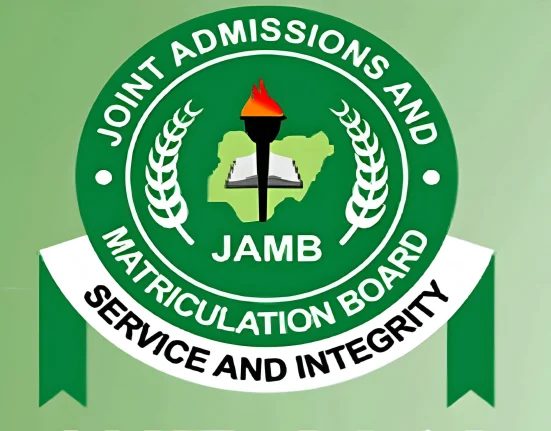The recently released results of the 2025 Unified Tertiary Matriculation Examination (UTME) have sent shockwaves across the country, raising serious concerns about the state of Nigeria’s education system. Out of 1,957,000 candidates who sat for the examination, only slightly above 420,000 managed to score above the 200-mark benchmark, translating to a troubling 22 percent pass rate. For many education observers and stakeholders, the dismal outcome is more than a reflection of student performance—it is a mirror to the fundamental decay within the nation’s educational infrastructure.
Minister of Education, Dr. Yusuf Tunji Alausa, while addressing the issue, maintained that the results affirm the government’s commitment to curbing malpractice and enhancing the integrity of national examinations. However, the prevailing sentiment is that the mass failure has unmasked the long-standing deficiencies that have plagued Nigeria’s basic and secondary education system for decades. With the phasing out of fraudulent “special centres” and widespread exam malpractice, the stark reality has come to light—Nigerian students, en masse, are ill-equipped for tertiary education.
This performance points to a system that has been crippled by years of poor funding, substandard infrastructure, outdated teaching methods, and a serious shortage of qualified educators. In many public schools, particularly in rural areas, students still attend classes under makeshift shelters or trees. In urban centres, despite the high fees paid by parents, the quality of instruction remains inconsistent and often mediocre. Access to digital tools and modern learning materials is limited, leaving millions of students behind in a world increasingly defined by technology.
Official statistics paint a bleak picture: 18.3 million Nigerian children are currently out of school, accounting for 22 percent of the global out-of-school population. Where the National Policy on Education recommends a teacher-to-student ratio of 1:25 for pre-primary, 1:35 for primary, and 1:40 at secondary levels, many public institutions exceed 80 pupils per teacher. This overwhelming load diminishes the quality of interaction between educators and learners, further widening the learning gap.
Compounding the crisis is the systemic undervaluing of the teaching profession. In many Nigerian universities and colleges of education, students admitted into education-related courses are often those with the lowest UTME scores. These future teachers, many lacking motivation or proper training, are thrust into classrooms without the tools, support, or incentive to succeed. Consequently, instruction fails to cultivate critical thinking, digital fluency, or practical problem-solving skills in students. Many of these teachers, understandably, begin to pursue alternative income streams, diverting their focus from the classroom.
Until now, examination malpractice had served as a veil over the weaknesses of the system. With the Joint Admissions and Matriculation Board (JAMB) tightening security and making cheating more difficult, the underlying issues have become painfully clear. Universities have consistently lamented the declining quality of their intakes, with many undergraduates struggling with basic literacy, numeracy, and computer skills—despite living in a tech-driven era.
These challenges have led to the continued relevance of post-UTME screening tests by universities, aimed at filtering students who possess the genuine academic foundation needed to cope with higher education. The issue is no longer just about what students know, but also about the educational foundations they were denied.
The crisis demands an urgent and comprehensive reform agenda. While calls for increased education funding remain valid, money alone will not solve the problem. Nigeria must invest in training and retaining top-tier teachers by offering competitive remuneration and professional respect. Across the world, countries like Finland and Germany require educators to possess master’s degrees and offer clear career development paths. In nations such as China and South Korea, the teaching profession commands prestige and reward, reflecting its central role in national development.
It is ironic that Nigeria’s political elite, who benefit from world-class education systems abroad, have consistently failed to replicate the same standards at home. The shift must begin now. Computer-based learning and teaching tools must become the norm, not the exception, in classrooms from the most remote communities to the nation’s top institutions. Curricula must be reviewed and aligned with global realities, prioritising practical knowledge and creativity over cramming and rote memorisation.
The time has come for Nigeria to reclaim the integrity of its educational system. The country must end the culture of mediocrity, reposition the teaching profession, and instil merit-based values across the education sector. Only then can Nigerian students begin to truly compete on a global scale and prepare meaningfully for the challenges of the future.






